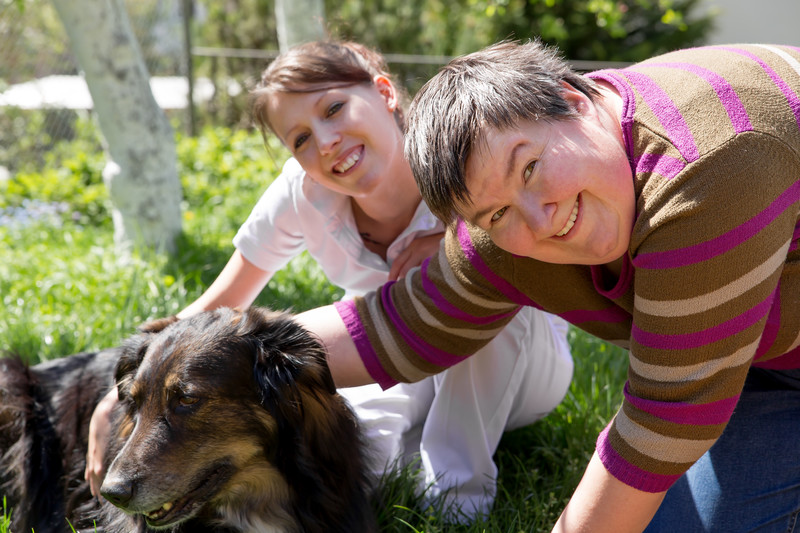The Benefits of Group Homes for Adults with Developmental Disabilities
The process of transitioning an adult with developmental disabilities into a managed residential services setting requires caregivers and family members to remember that the ultimate goal is to maximize that individual’s community integration their ability to be independent and engaged with people around them. Depending on the degree of the disability, a group home offers a fantastic setting in which to accomplish these goals and still allow the proper level of care and oversight to be maintained. Let’s look at some of the benefits group homes provide for adults with developmental disabilities.
Structure of Group Homes
Adult residential facilities allow up to 3 adults with developmental disabilities to cohabitate under a single roof, where they work together with each other and a small team of caregivers to manage the space and go about their daily activities.
Benefits
By placing up to three adults with developmental disabilities under a single roof and encouraging engagement between them, a number of benefits emerge in their daily interactions.
Socialization
Under other settings, adults with developmental disabilities might experience isolation and never learn to work with others towards goals. In a group home, they have to work with their roommates to keep the space clean and perform various household tasks, allowing socialization and the opportunity to learn how to help others achieve different goals. In working together with others, adults with developmental disabilities can teach others things they excel at, while at the same time learning from others who may have different skills from their own.
Independence
When living with family, we tend to come to rely upon those who care for us to take care of our various needs. While having roommates in group setting engenders socialization, it can also inspire and teach adults with developmental disabilities to be more independent by seeing others having to act for themselves as well.
This independence not only goes a long way in building confidence in the individual, but also allows their relationship with family to evolve beyond a state of being someone who has to be cared for into someone who now cares for themselves.
Additionally, the sense of independence extends to the family, who can now go about their day to day as needed with the reassurance that their loved one is receiving the care they need when they need it, rather than having to juggle and balance and prioritize often conflicting obligations.
All the Comforts of Home
Institutional settings can be cold and impersonal. By placing adults with developmental disabilities in a home setting, and then encouraging them to work with their roommates, a group home creates the feeling of living in a home with people they care about and who care about them.
Welcome Home
Our mission at Hands of Heartland is to ensure adults with developmental disabilities have the chance to feel as engaged and empowered as they can, all while learning and growing in a safe and nurturing environment. Our residential services cater to a full range of living arrangements, with continuous residential services being our group home format. If you think a group home setting might be right for a loved one, or want more information on our facilities, and you reside in the Omaha or Bellevue communities, reach out today to set up a tour of our facilities.

